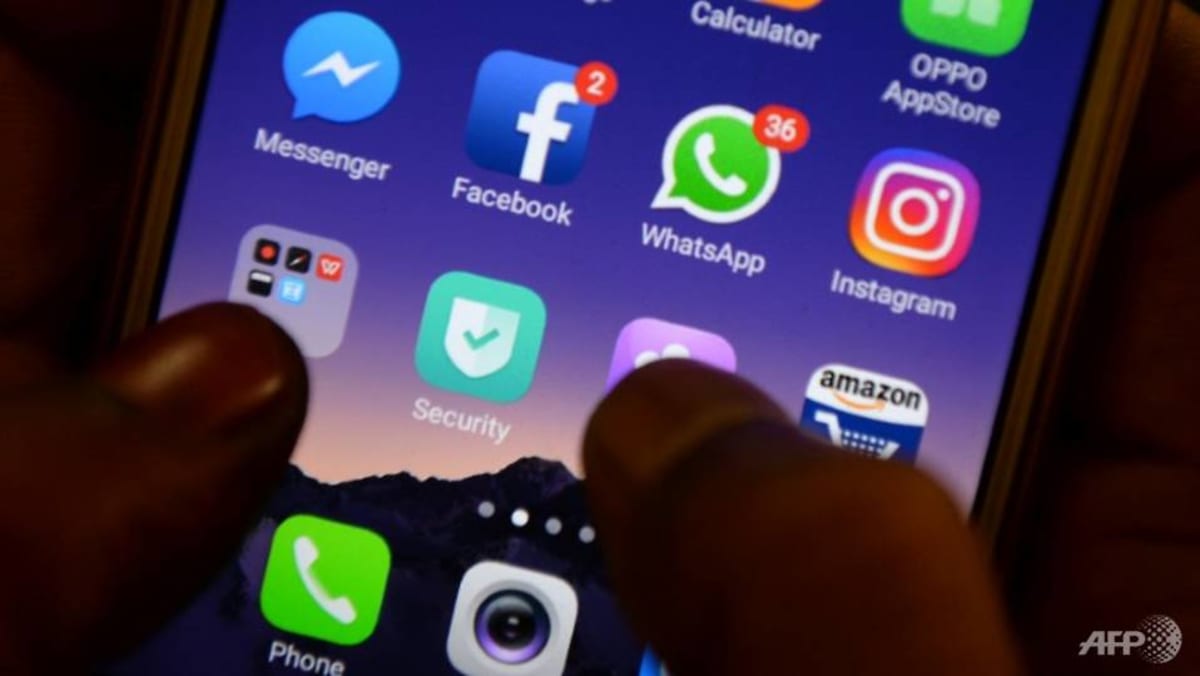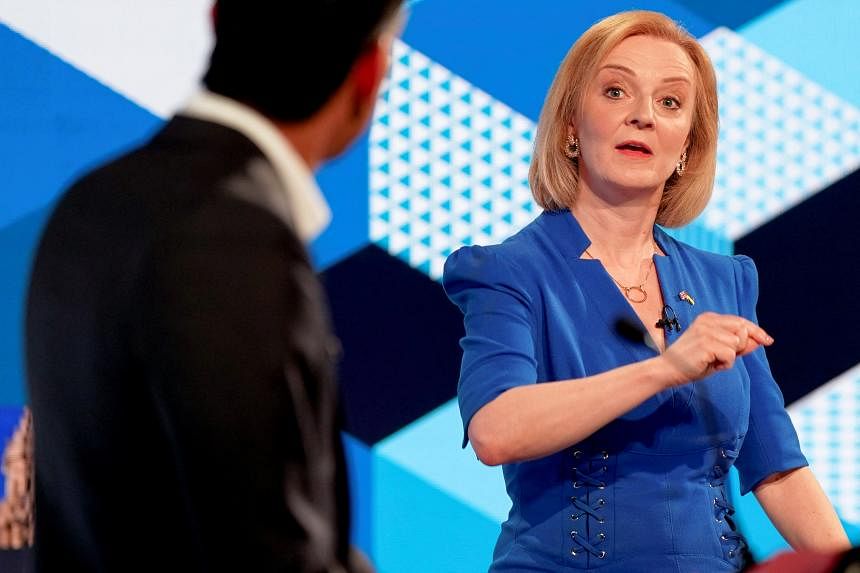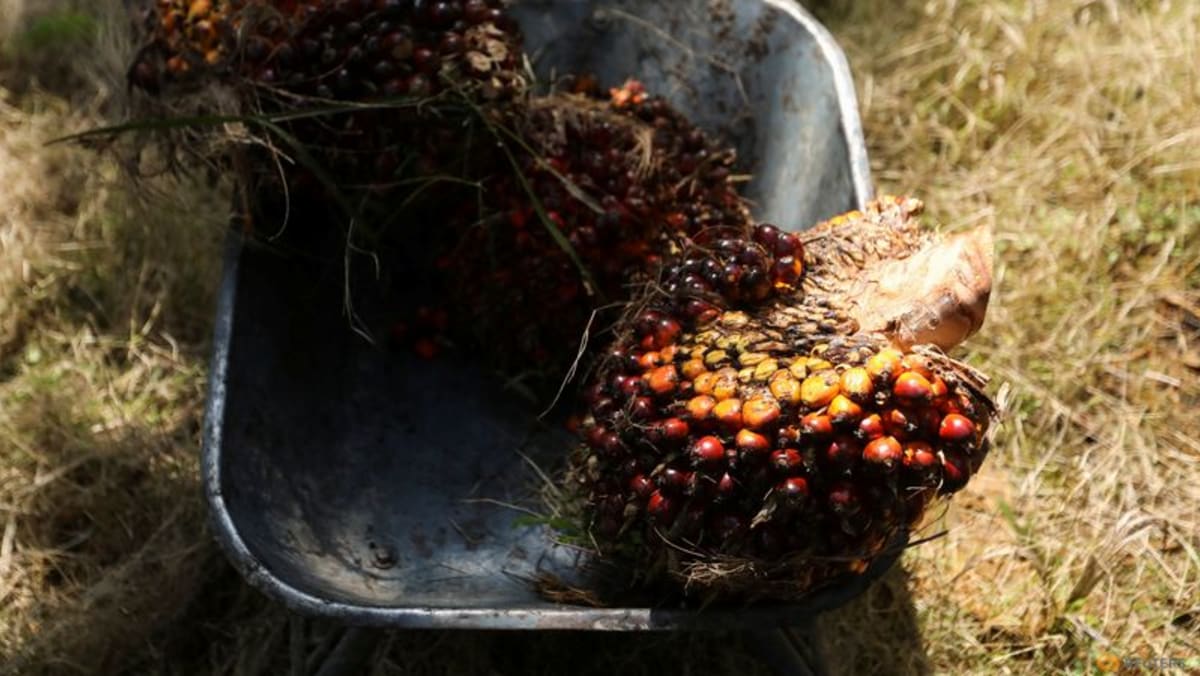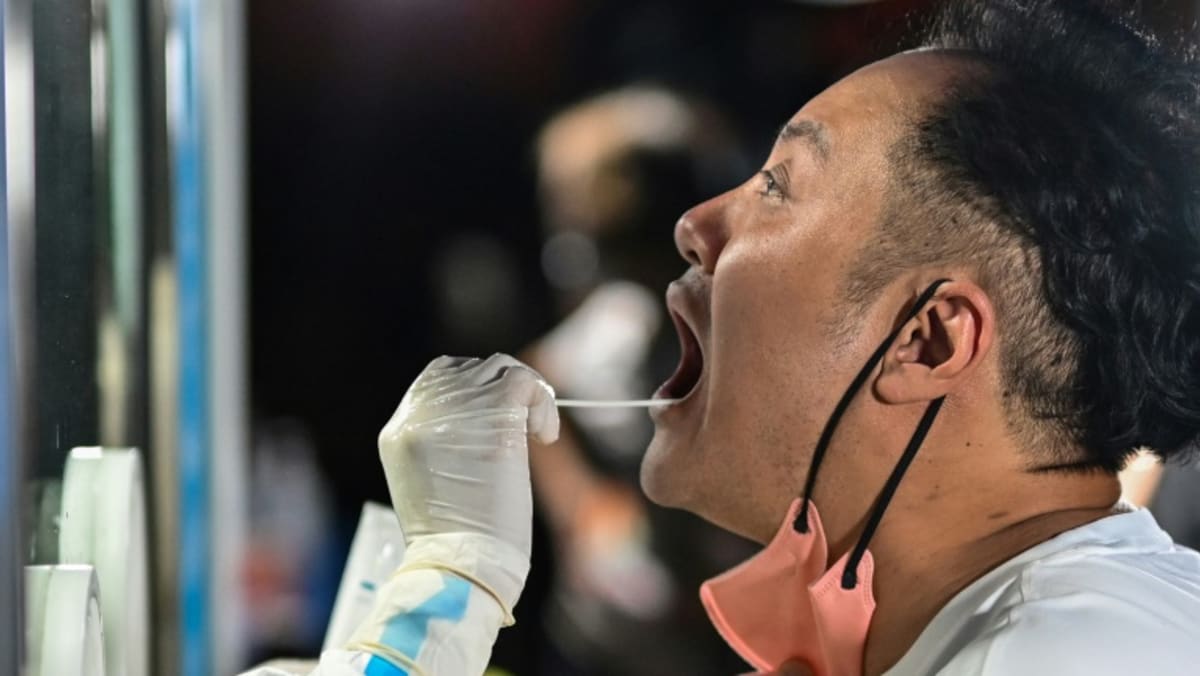
JAKARTA: Indonesia has asked technology companies, both at home and overseas, to register themselves by Wednesday midnight (Jul 27) if they want to continue to operate in the country.
The government has warned that companies that do not sign up in time would be blocked.
As of Wednesday afternoon, just under 9,000 entities – 8,500 of which are local firms – have registered themselves via a website run by the Indonesian Communication and Information Technology Ministry. Among those that have signed up include tech giants Alphabet Inc, Meta Inc and Twitter Inc.
But there are many other technology companies that have not registered and are therefore at risk of being banned from offering their services in the archipelago. Among these companies are some of the world’s biggest e-commerce services, web browsers and social media platforms.
The new licensing regulation applies to local and foreign companies which offer services ranging from search engines, social media, streaming services and fintech to email providers, messaging applications and online games.
Observers are worried that the ministerial regulation on Electronic System Operators will stifle innovation as companies first have to be licensed by the communications ministry before they can start offering their services to users in Indonesia.
Meanwhile, critics warned that the regulation poses a threat to freedom of expression and privacy as it allows law enforcers and government agencies to monitor the platforms and order tech firms to remove content deemed as unlawful.
WHAT THE REGULATION IS ABOUT
Passed in November 2020, the ministerial regulation on Electronic System Operators, known in Indonesia by its abbreviation PSE, requires technology firms to provide a general outline of how their systems work. Companies also need to disclose the type of user personal information that they are storing and processing.
However, the government did not start enforcing this requirement until recently because of the pandemic.
The communications ministry argues that the regulation is just administrative in nature.
“This is just so that we know who is operating digitally in Indonesia and the type of services they provide. Unless (these companies) are committing a corporate crime, they have nothing to fear,” the ministry’s director general for applied information sciences, Semuel Pangerapan said during a press conference last week.
But the regulation also stipulates that technology firms must provide access to law enforcement and government agencies so they can better monitor their platforms.
Government agencies can also order companies to take down content that is violating Indonesian law or deemed to be “disturbing public order”. Such content needs to be removed between four and 24 hours.
Companies must also agree to provide law enforcement and government agencies with the personal data of specific users on the platforms.
WHY THERE ARE CONCERNS
There have been concerns over the impacts of the regulation.
“We feel that the term ‘disturbing public order’ is too broad … and can be used by government agencies to curb peaceful criticisms directed at the authorities,” advocacy group Southeast Asia Freedom of Expression Network (SAFEnet) said in a statement last month.
Technology experts have also expressed the same concerns, saying that the regulation allows the government to invade people’s privacy as it enables enforcement agencies to look at private e-mails, messages and even documents stored on cloud platforms.
“Accessing such information must be done for investigation purposes only and the decision has to be made by a court of law,” Pratama Dahlian Persadha, chairman of research firm Communication and Information System Security Research Center, told CNA on Tuesday.
Currently, the regulation states that such access can be given for “monitoring and law enforcement purposes”. It does not mention the need to secure a court order.
https://news.google.com/__i/rss/rd/articles/CBMicmh0dHBzOi8vd3d3LmNoYW5uZWxuZXdzYXNpYS5jb20vYXNpYS9pbmRvbmVzaWEtdGVjaC1jb21wYW5pZXMtbGljZW5zaW5nLXJlZ3VsYXRpb24tZmFjZWJvb2stZ29vZ2xlLXR3aXR0ZXItMjgzODg4NtIBAA?oc=5
2022-07-27 10:14:00Z
CBMicmh0dHBzOi8vd3d3LmNoYW5uZWxuZXdzYXNpYS5jb20vYXNpYS9pbmRvbmVzaWEtdGVjaC1jb21wYW5pZXMtbGljZW5zaW5nLXJlZ3VsYXRpb24tZmFjZWJvb2stZ29vZ2xlLXR3aXR0ZXItMjgzODg4NtIBAA



